News Desk
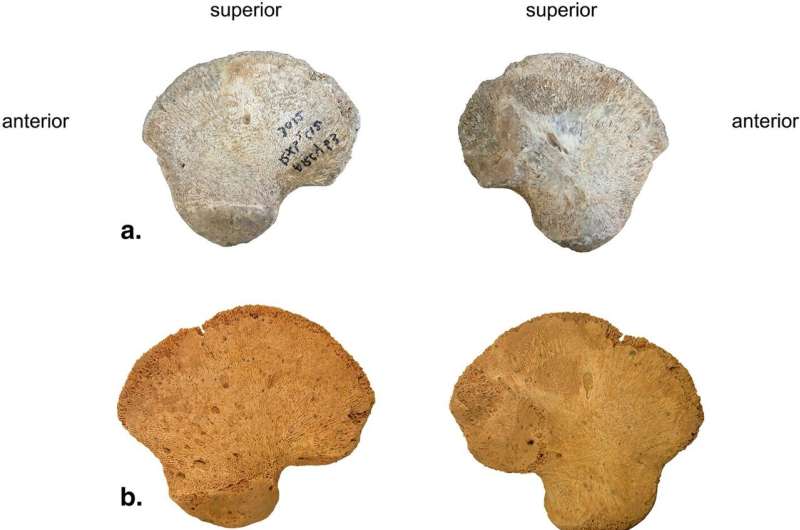
A bone found in a cave by an international team of anthropologists in France may represent a previously unknown lineage of Homo sapiens. The study is published in the journal Scientific Reports.
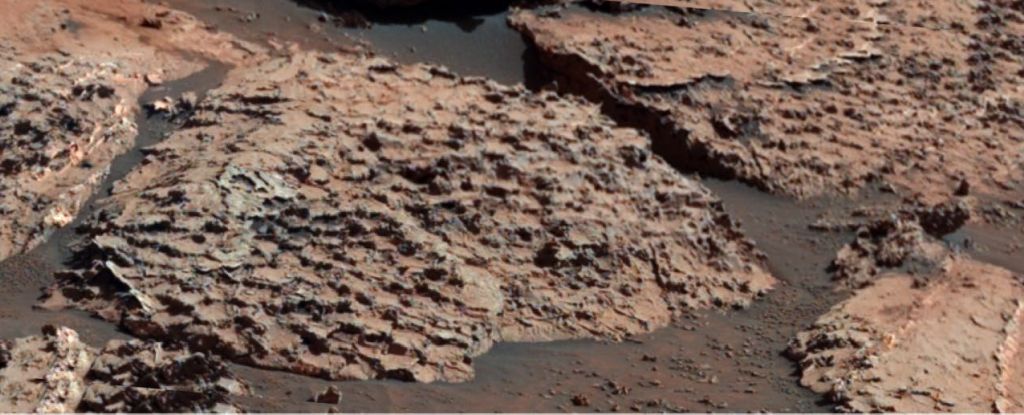
Mars may be a dry and barren wasteland now, but new evidence has emerged that this wasn’t always the way – and, moreover, that climate conditions changed, perhaps seasonally, in a way that may have been conducive to the emergence of life. See research here.
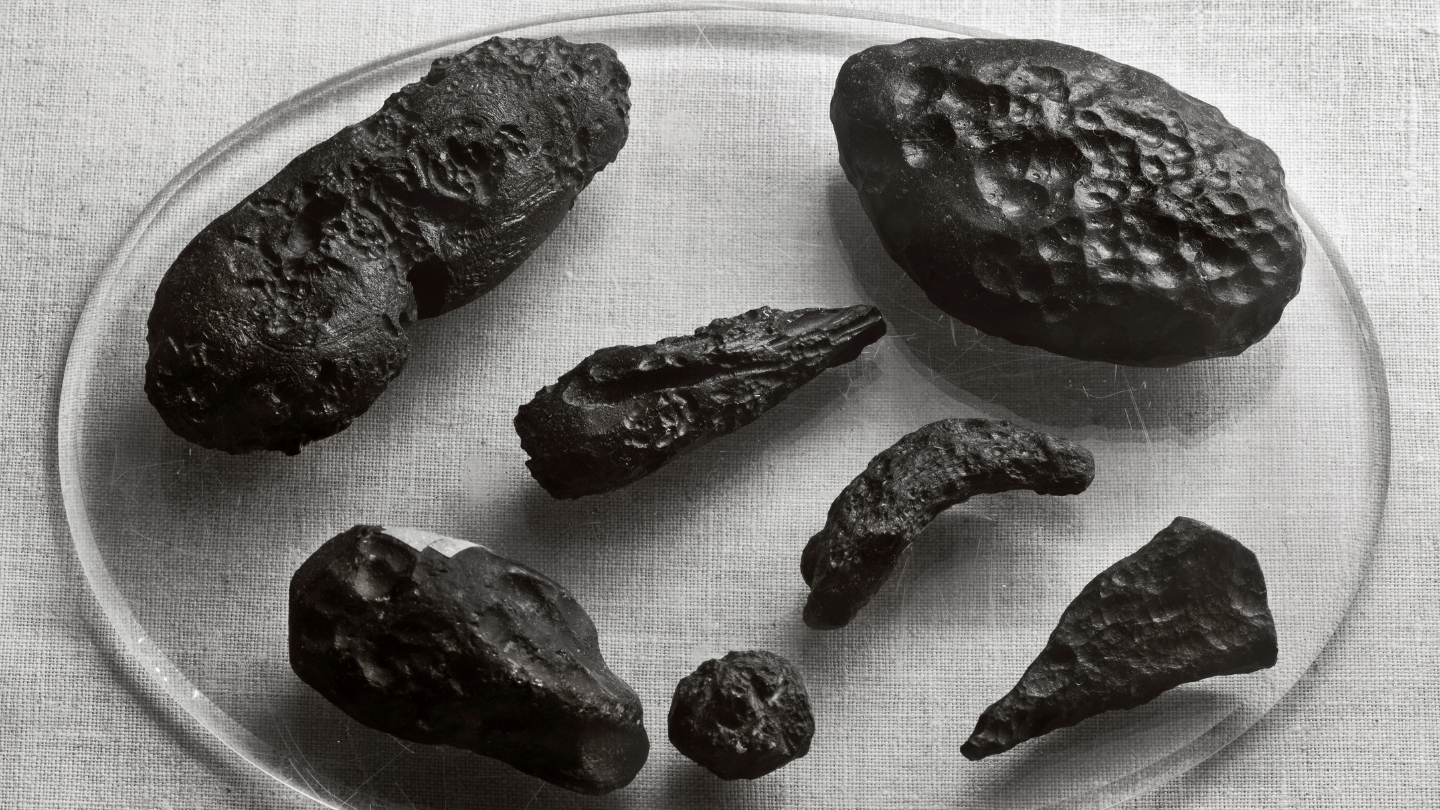
In 1994, tektites and concentric fault lines in southern Virginia revealed an 85-kilometer-wide impact crater under Chesapeake Bay. Science News reported that “a structure this size would rank as the largest crater in the United States” and would be among the largest on Earth
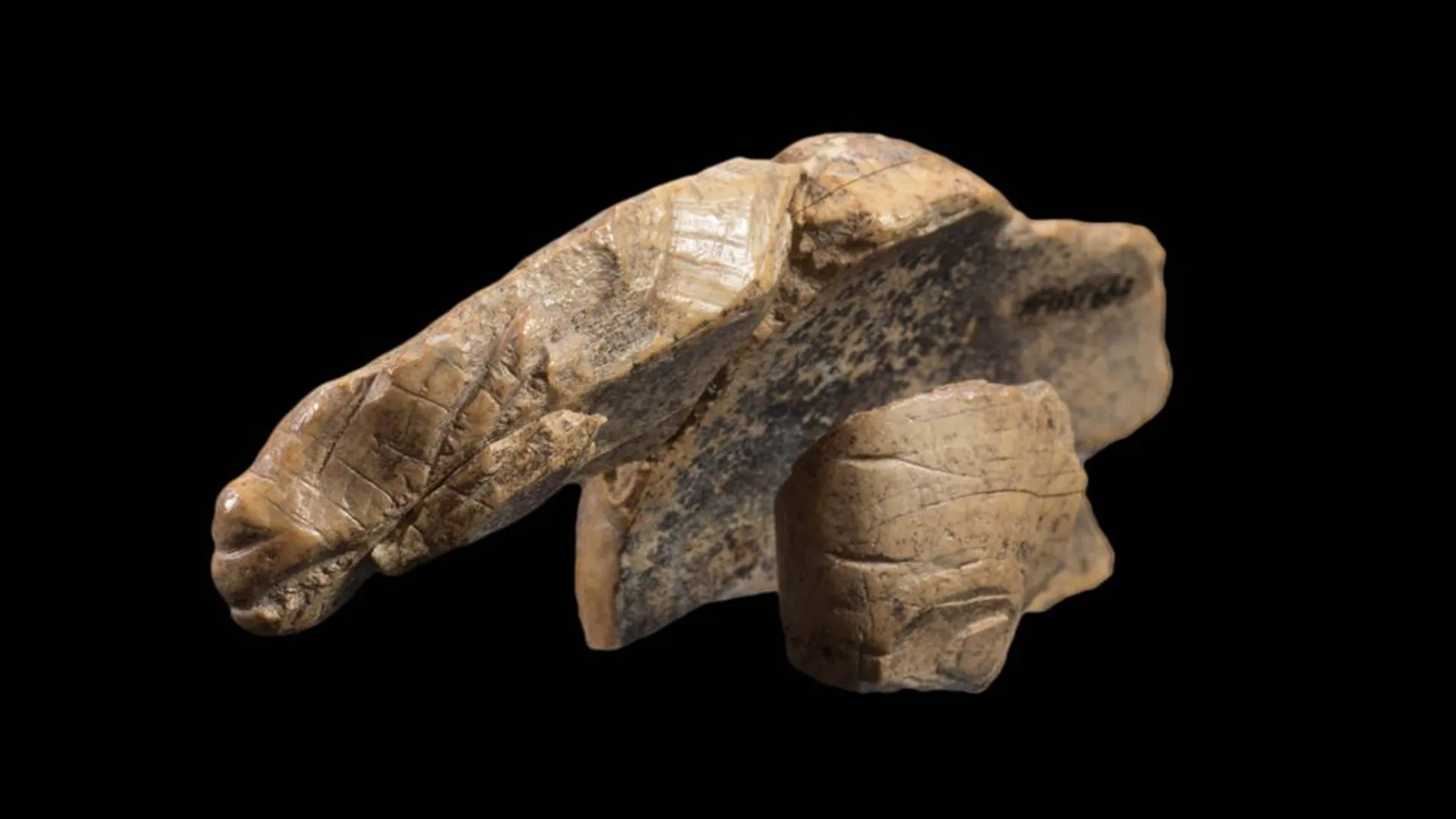
Archaeologists in Germany have discovered the missing piece of an ice age carving deep in a cave. But the new addition of the ivory carving, originally thought to depict a horse, has actually complicated matters: Now, researchers aren’t sure if it portrays a cave lion or a cave bear.
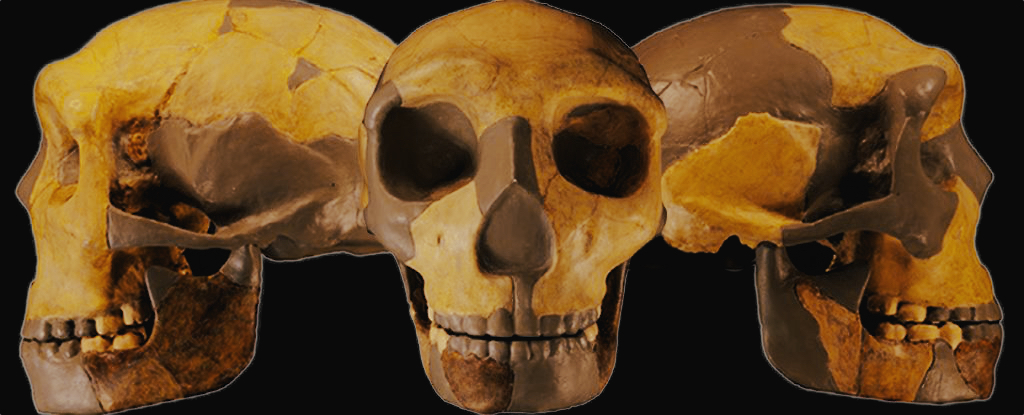
It resembles neither the lineage that split to form Neanderthals, nor Denisovans, nor us, suggesting our current version of the human family tree needs another branch. The study was published in the Journal of Human Evolution.
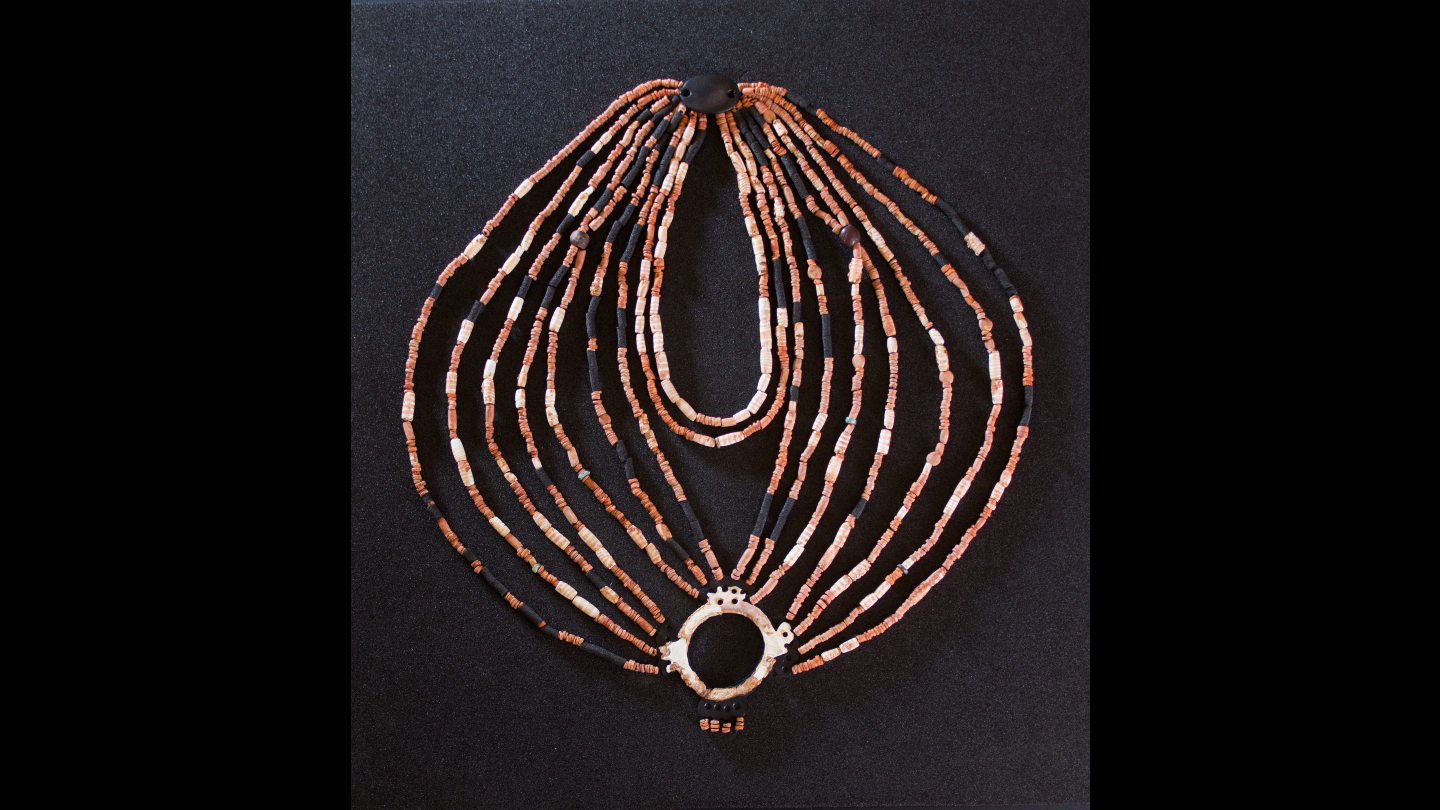
A Middle Eastern child interred in a stone-lined grave around 9,000 years ago wore an elaborate necklace that illustrates the complexity of social life in an early farming community, researchers say. See study here.
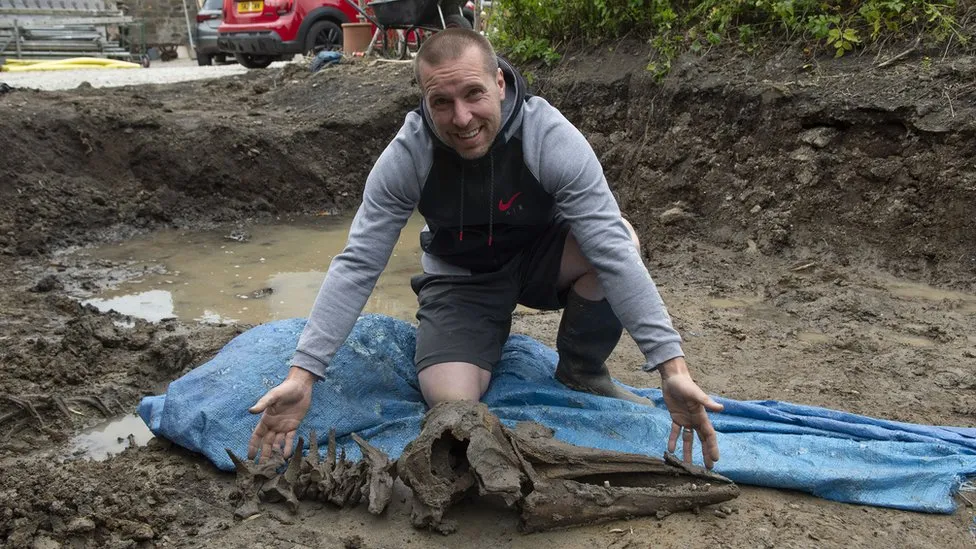
The bottlenose dolphin is thought to have washed up on an ancient shoreline after the last Ice Age. Archaeologists have described the prehistoric discovery in Causewayhead, Stirling, as “the find of a lifetime”.
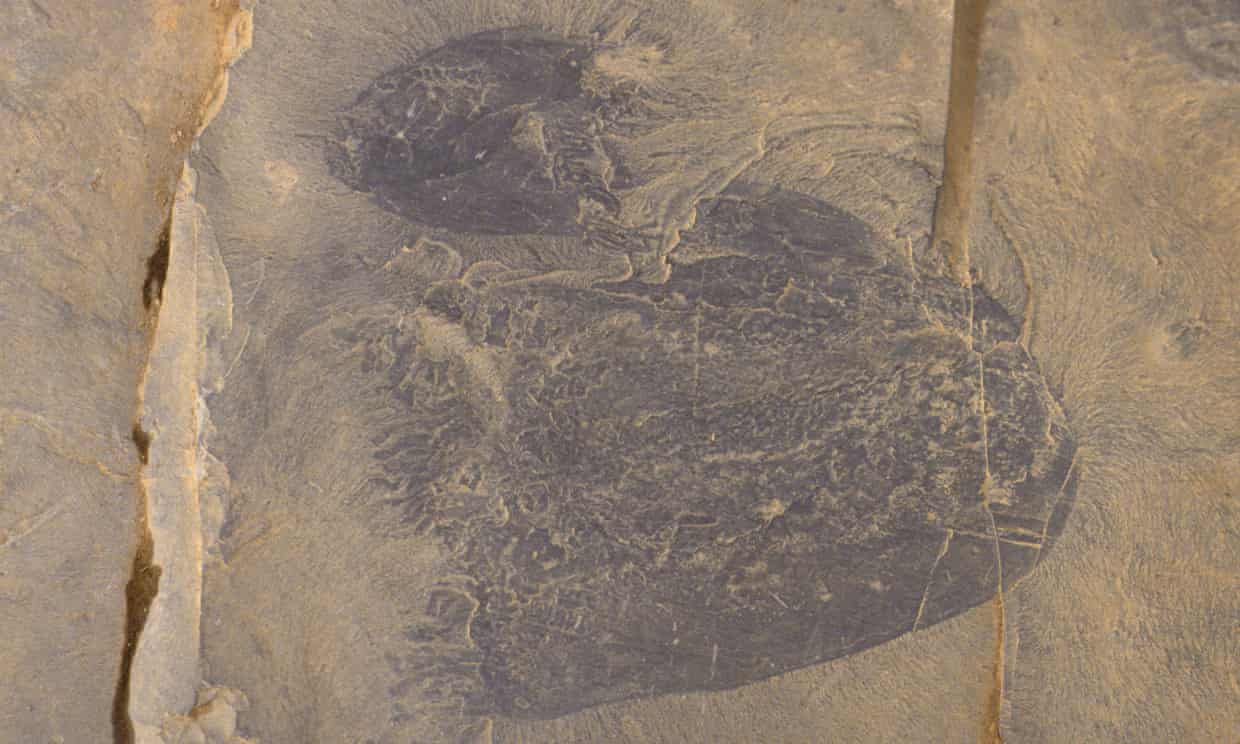
The new species, which has been named Burgessomedusa phasmiformis,resembles a large, swimming jellyfish with a saucer or bell-shaped body up to 20cm high. Its roughly 90 short tentacles would have allowed it to capture sizeable prey.

Cannabis-based medicinal products might help to improve symptom severity, sleep quality, and health-related quality of life in those with anxiety, according to new research published in the journal Psychopharmacology.
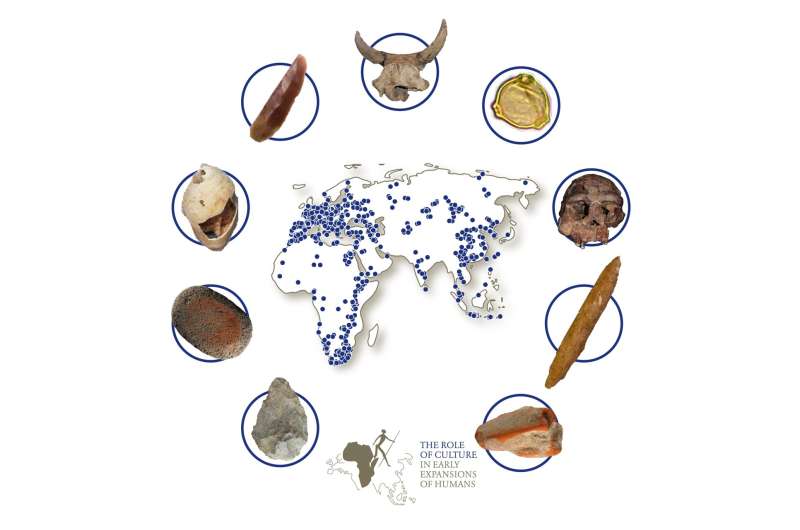
Human history in one click: For the first time, numerous sites relating to the early history of mankind from 3 million to 20,000 years ago can be accessed in a large-scale database. See research here.

Beneath its cratered crust, the Moon’s mantle sits atop what scientists think is a partially molten layer where clues to the Moon’s formation could lie. But according to a new study, there might be no oozy layer after all.
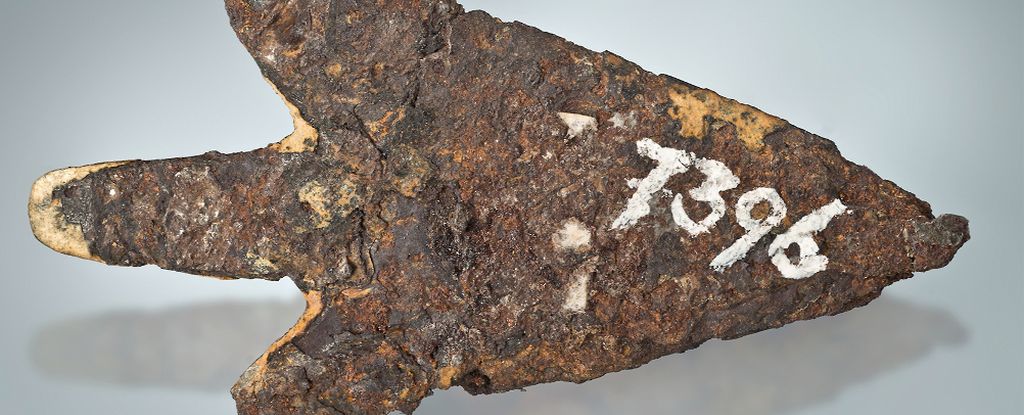
The tiny artifact is made from iron retrieved from an object that fell from the sky. But there’s a twist… See the research here.
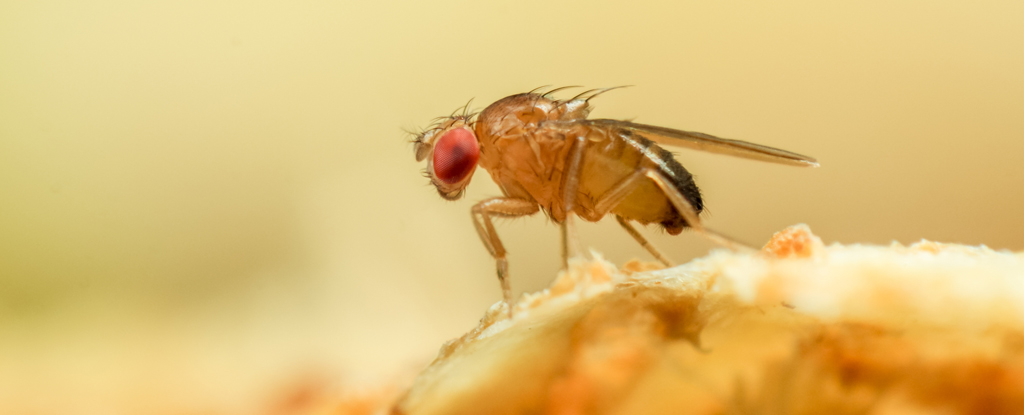
Scientists said on Friday they have genetically engineered female fruit flies that can have offspring without needing a male, marking the first time ‘virgin birth” has been induced in an animal. See the study here.
Ancient DNA from 94 individuals buried at the Neolithic site at Gurgy ‘Les Noisats’ in northern France has been analysed, providing a picture of a community that existed 6,700 years ago. See the study here.
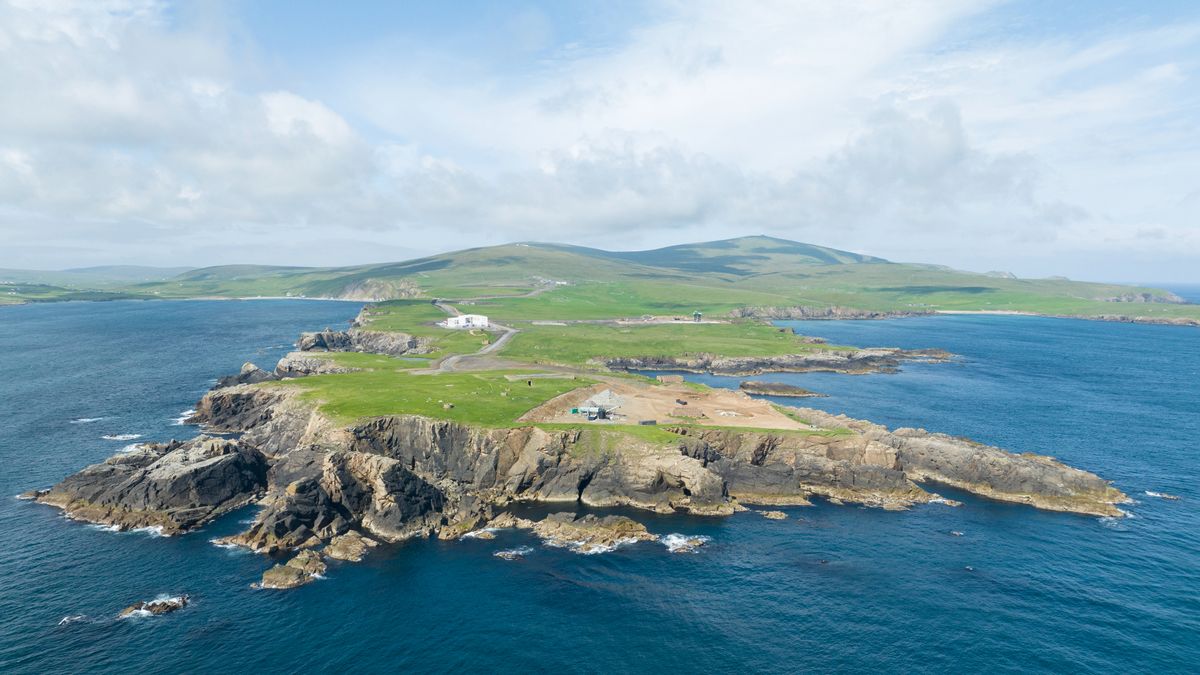
The ancient cemetery consists of at least a dozen burial deposits within an arc of buried granite boulders and pits that may have formed a full circle…But it’s not known yet how many sets of cremated human remains are in each pit.
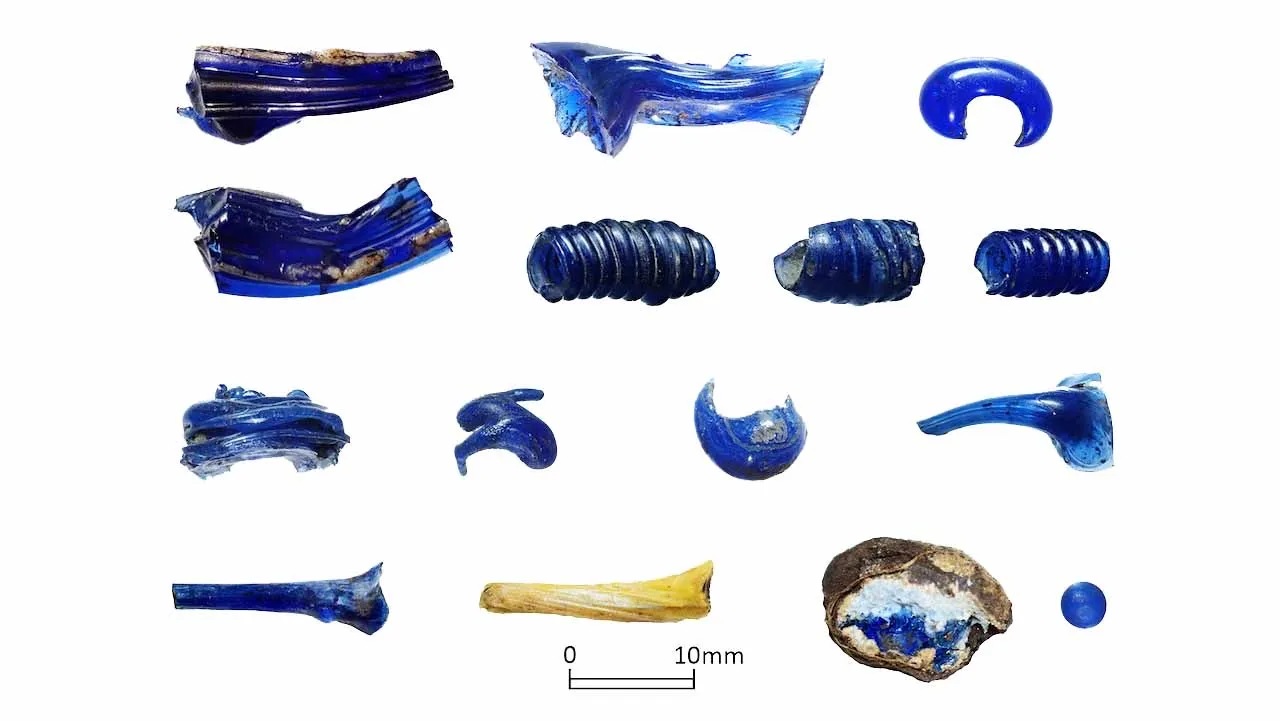
Archaeologists have unearthed a 2,300-year-old Iron Age glass workshop that could be one of the oldest in the world. See the study here.








